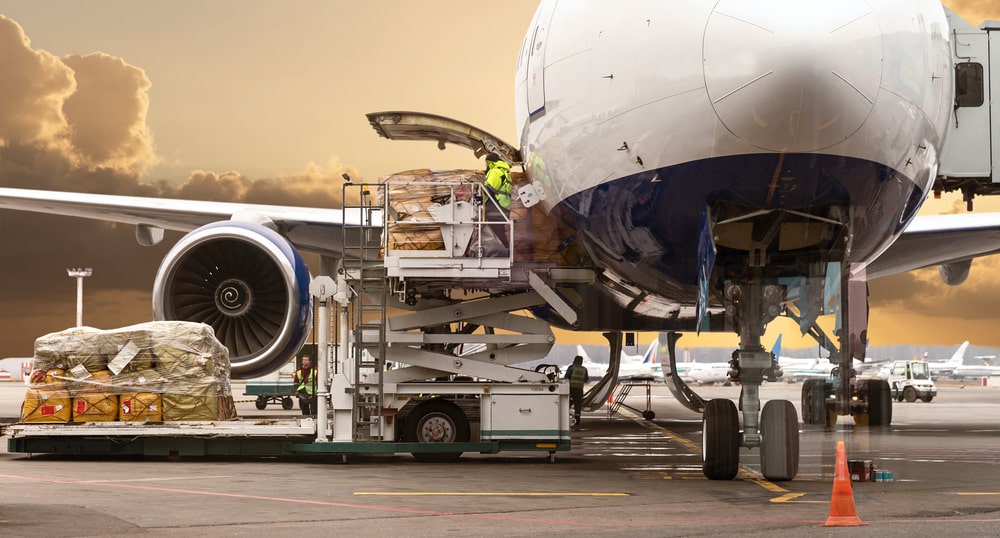
The global air cargo market has made a very strong start to 2024 according to new data published by the International Air Transport Association (IATA).
Total demand for air cargo has increased by 18.4% from January 2023 levels, making it the most significant increase in annual growth since the summer season of 2021.
Capacity has increased by 14.6%, compared to January 2023, driven by a rise in international belly capacity, which rose by 25.8% year-on-year due to the strength of passenger markets, IATA reports.
“This is a strong start to the year. In particular, the booming e-commerce sector is continuing to help air cargo demand to trend above growth in both trade and production since the last quarter of 2023.
The counterweight to this good news is uncertainty over how China’s economic slowdown will unfold”, notes Willie Walsh, IATA’s Director General.
China experienced the slowest growth in decades, last year, as a debt crisis in the property sector coupled with geopolitical threats are combining to derail economic growth.
Evergrande, a Chinese property giant symbolizes the unease within the Chinese property sector, with the firm amassing debts of more than $300 billion. It has been ordered by a court in Hong Kong to start liquidating its overseas assets.
In a new report published in February, the IMF believed that China’s economic slowdown will persist until 2028 due to “sagging productivity” and an “ageing population”.
In the short-term, air cargo is exploiting the opportunity to meet existing demand presented by the Suez Crisis. Air Cargo surged in the weeks following the Houthi attacks on vessels in the Red Sea.
Air Cargo volumes from Vietnam to Europe spiked by 62% week in the week ending 14th January.
The longer transit routes from Asia to Europe, caused by the diversion of trade from the Red Sea towards the Cape of Good Hope, will put further pressure on air cargo capacity and rates.
Flights are already operating at 93% capacity from a cargo perspective, and air freight rates will increase, if demand increases, according to Logistics Manager.
Lorraine Hutchinson, senior retail analyst at Bank of America, explained in a recent note that there are many brands with significant European exposure due to the longer transits from Asia to Europe, as reported in Logistics Manager.
These include Phillips-Van Heusen Corporation (owner of brands such as Tommy Hilfinger and Calvin Klein), Birkenstock, Capri Holdings, Nike, Ralph Lauren, VF Corp and Levi Strauss Co.

Related Articles
Aviation
Aviation
Aviation